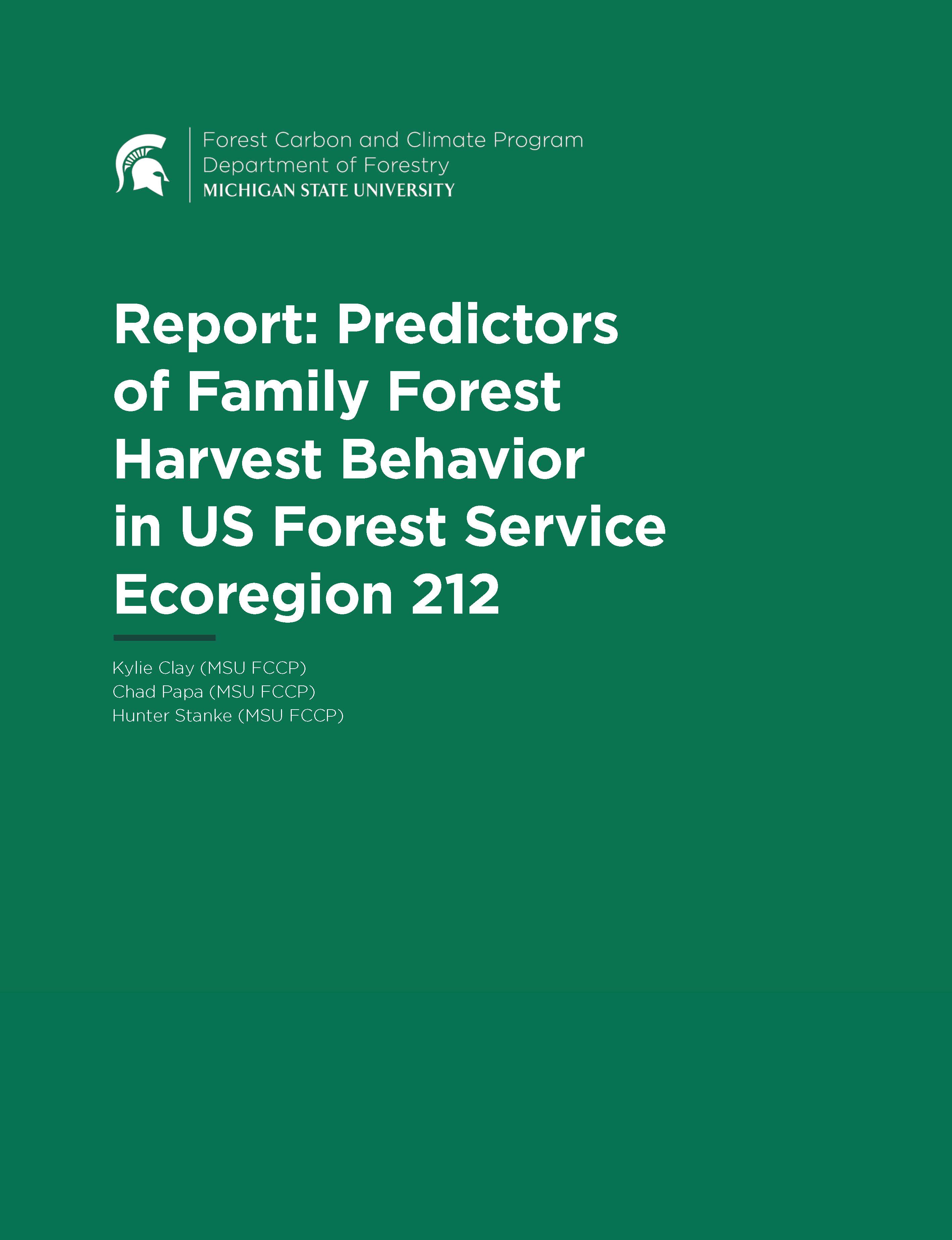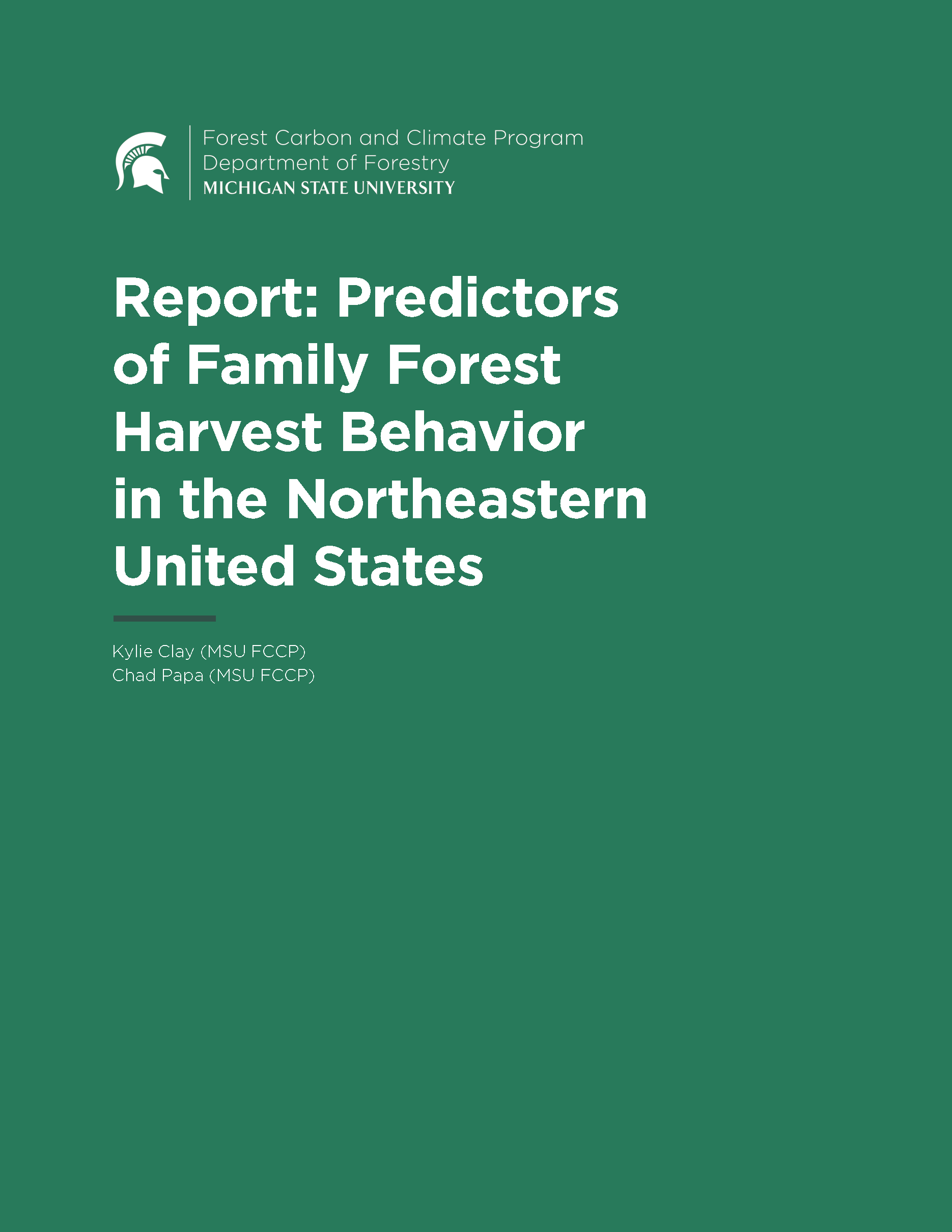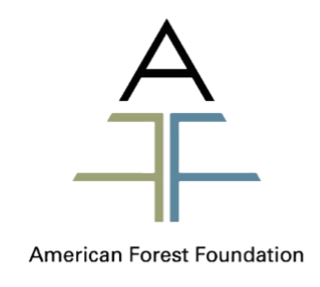Determinants of Harvest Decision-Making among Non-Industrial Private Landowners
Short Description
Michigan State University’s Forest Carbon and Climate Program (FCCP) has conducted plot-level statistical analysis of FIA plots in two distinct geographies: the northern Lake States (ecoregion 212) and the Northeast (New York, Connecticut, Rhode Island, Massachusetts, Vermont, New Hampshire, and Maine). The analysis aimed to: 1) identify covariates that best predicted harvest likelihood (HL) and harvest intensity (HI) on non-industrial private forestland across dominant forest type groups (FTGs); 2) identify appropriate subregions for donor pool selection (i.e., subregions where distinct forest management behaviors exist); 3) identify tiers of plot-level carbon potential (i.e., predicted harvest intensity) according to key indicators (e.g., current merchantable volume, percent stocking, etc.) so as to inform FFCP participation requirements or funding tiers; and 4) assess the impact of caps (i.e., limitations on program participation based on current forest conditions) on available donor plots by FTG and ecoregion.
To conduct the plot-level analysis key determinants of HL and HI, we developed a random forest (RF) model. All data inputs are derived from the forest inventory analysis (FIA) database, the US Census, forest ownership data, and mill location data. We consider only plots encompassing privately-owned forestland in our analyses (including tribal lands).
Resources
 |
 |
|
Report: Predictors of Family Forest Harvest Likelihood and Intensity in USFS Ecoregion 212 |
Report: Predictors of Family Forest Harvest Behavior in the Northeastern United States |
FCCP Reports + Writing
Collaborators/Team
Family Forest Carbon Program (FFCP) is a joint forest carbon project of the American Forest Foundation (AFF) and the Nature Conservancy (TNC). FFCP funded MSU FCCP to conduct the analysis for their program with their direct collaboration.
Images/Logos





 Print
Print Email
Email